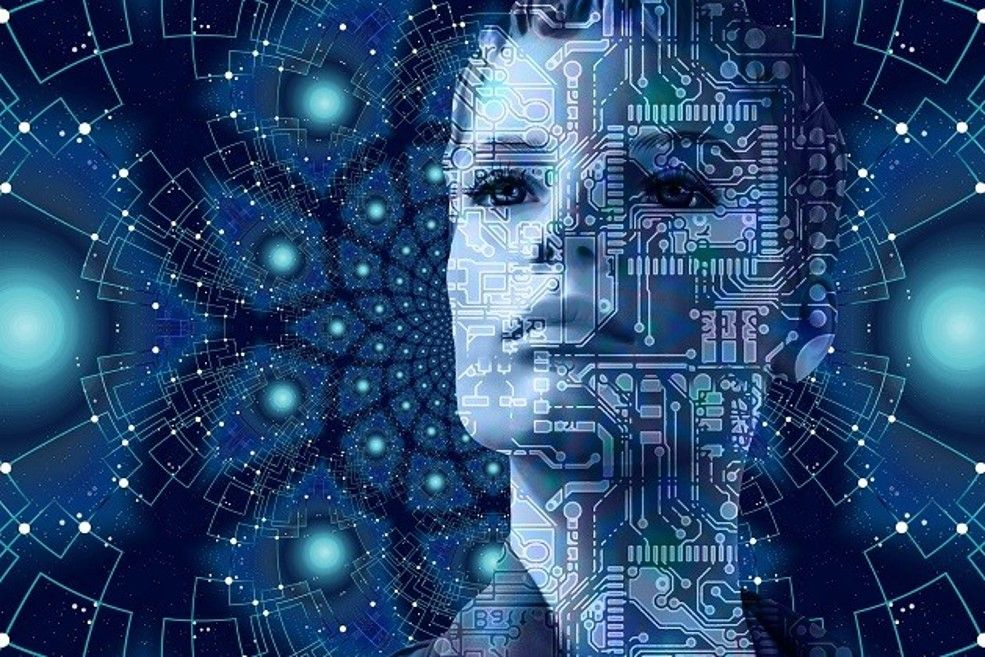Artificial intelligence (AI) could replace the equivalent of 300 million full-time jobs (Investment bank Goldman Sachs 2023). It could replace a quarter of work tasks in the US and Europe but may also mean new jobs and a productivity boom. And it could eventually increase the total annual value of goods and services produced globally by 7%. The market predicts two-thirds of jobs in the U.S. and Europe “are exposed to some degree of AI automation,” and around a quarter of all jobs could be performed by AI entirely.
AI will replace as many as two million manufacturing workers by 2025 (MIT and Boston University report).
By 2030, at least 14% of employees globally could need to change their careers due to digitization, robotics, and AI advancements (McKinsey Global Institute 2023).
By the mid-2030s, up to 30% of jobs could be automatable, with slightly more men being affected in the long run as autonomous vehicles and other machines replace many manual tasks where their share of employment is higher (PwC 2023). During the first and second waves, they estimate that women could be at greater risk of automation due to their higher representation in clerical and other administrative functions.
Jobs AI Will Replace – POTENTIAL -
- CUSTOMER SERVICE REPRESENTATIVE
- CAR AND TRUCK DRIVER
- COMPUTER PROGRAMMER
- RESEARCH ANALYST
- PARALEGAL
- FACTORY OR WAREHOUSE WORKER
- FINANCIAL TRADER
- TRAVEL ADVISOR
- CONTENT WRITER
- GRAPHIC DESIGNER
Jobs AI Won’t Replace – POTENTIAL -
- TEACHER
- NURSE
- SOCIAL WORKER
- THERAPIST
- HANDYPERSON
- LAWYER
- HR SPECIALIST
- WRITER
- ARTIST
AI in the workplace has the potential to revolutionize our work, but it is not without challenges. Job displacement can be one of the most significant challenges. However, it can also lead to new jobs in fields such as data analysis, machine learning, and AI development. To navigate these changes, both employers and employees must be prepared to adapt. Employers must invest in training and upskilling their workforce to ensure they are equipped to handle AI-driven workplace demands, while employees must learn updated skills and take on challenging roles to remain relevant in the job market.
In conclusion, the impact of Artificial Intelligence (AI) on the job market is undeniable, but it also presents opportunities for job seekers and employers who are willing to adapt. To succeed in the AI-driven job market, job seekers and employers must remain flexible, continuously update their skills, and embrace the latest technologies. Employers must invest in training their employees to ensure they have the necessary skills to thrive in an AI-driven workplace.



